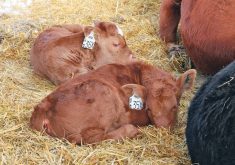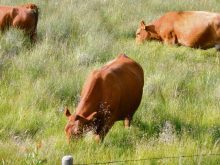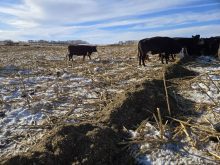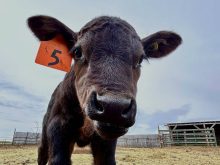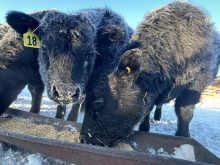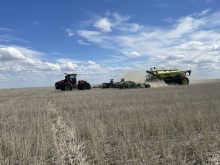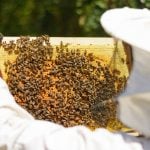Glacier FarmMedia – Methane-reducing feed ingredients have the potential to significantly reduce the amount of greenhouse gas emitted by livestock.
But so do breeding programs that focus on the DNA of an animal’s gut bacteria, says a U.K. researcher.
Researchers at SRUC (Scotland’s Rural College) measure methane emissions and feed efficiency from cattle using respiration chambers. They noticed some cattle emitted substantially lower volumes of methane gas despite being from the same herd, same breed, living in the same conditions and being fed the same diet as their more gaseous counterparts.
Read Also
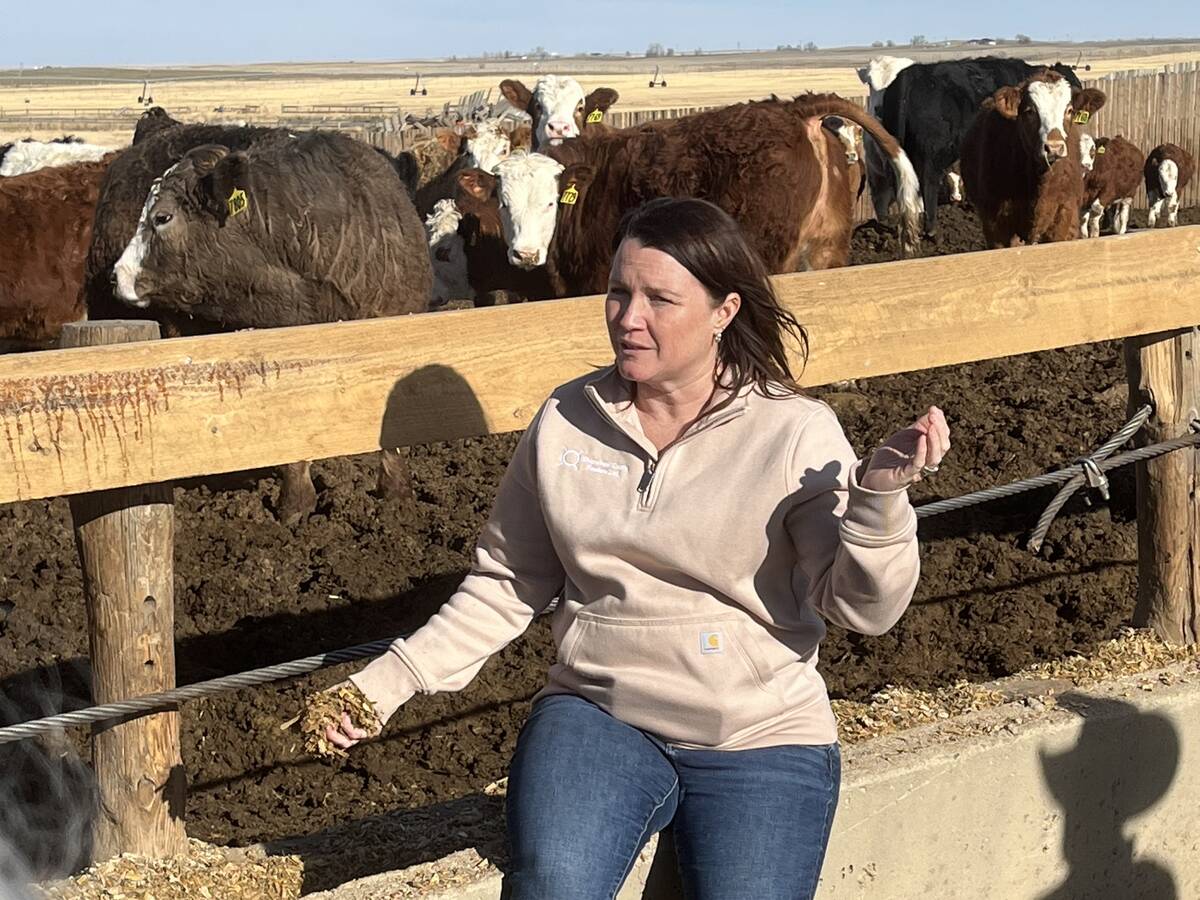
Roots of Resilience: The 50-year evolution of Shipwheel Cattle Feeders
Alberta’s Shipwheel Cattle Feeders is one of Canada’s pioneers in holistic regenerative agricultural practices.
During a recent online seminar, animal genetics researcher Rainer Roehe said he and his SRUC colleagues noticed a greater abundance of specific microbial genes in the higher-emission cattle. The next step was learning which microbial genes were responsible for the bulk of methane production, and whether they could be inherited by offspring.
From 369 heritable microbial genes identified, only a few were found to be directly involved in methane production. The correlation of “microbial proxies” to methane emission levels has since proven to be an accurate and inexpensive indicator of whether an animal will emit more greenhouse gas.
“This shows the microbial genes are much more informative than even measuring methane,” said Roehe.
The affordability and accuracy of predicting an animal’s emission potential via microbial genes would allow breeders to develop more efficient animals quickly and effectively, he said.
Microbiome-based breeding is independent of dietary interventions such as seaweed and other feed additives that reduce methane emission in cattle. Roehe said this indicates the strategies can be combined to reduce greenhouse gas emissions further, while improving feed efficiency.
“We found microbial-driven breeding had even higher success than breeding based on measured methane emissions using respiration chambers,” he said. “We did the same for feed efficiency… a combination of microbial breeding and (breeding based on feed efficiency) had an even larger improvement.”
Matt McIntosh is a contributor for Farmtario. His article appeared in the Nov. 15, 2021, issue.



